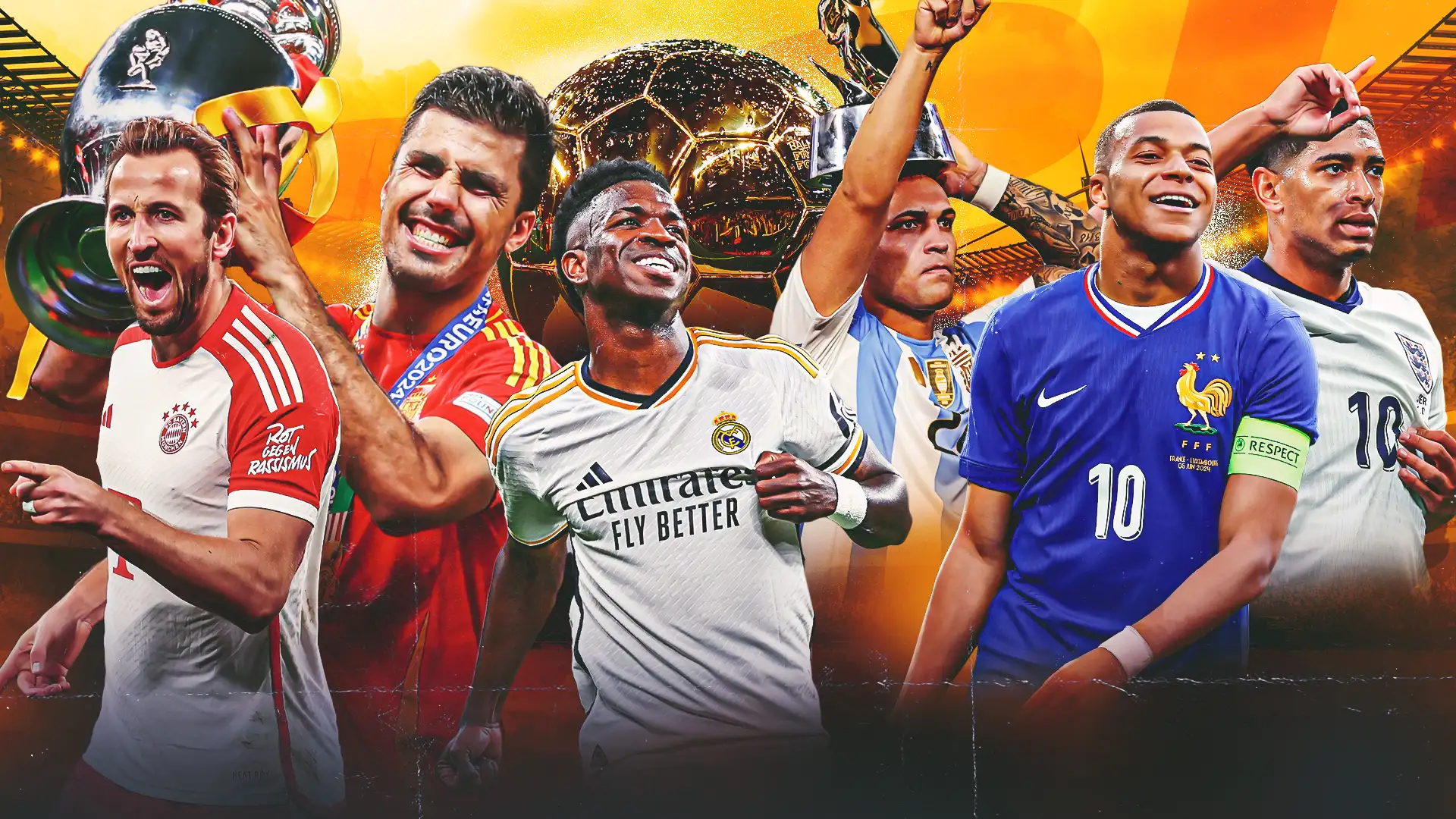Physical Address
University of Professional Studies
Madina, New Rd.

The Ballon d’Or, awarded annually to the world’s best football player, has seen its fair share of controversies, often leading fans and pundits to debate the legitimacy of the results. Over the years, several high-profile players have been overlooked for the prestigious award, igniting discussions about bias, favoritism, and the criteria used to determine the winner. Notable examples include Lionel Messi’s victory in 2010, despite many believing that Andrés Iniesta, who led Spain to World Cup glory, deserved the accolade. Similarly, in 2013, Cristiano Ronaldo’s win sparked outrage among supporters of players like Franck Ribéry, who had a standout year with Bayern Munich.
These perceived ‘robberies’ not only fuel passionate debates among fans but also highlight the subjective nature of awards in football. Factors such as media influence, regional voting patterns, and individual player performances during key matches can sway the outcome, leading to feelings of injustice among supporters of overlooked candidates. As the Ballon d’Or continues to evolve, these controversies remind us that while the award celebrates individual brilliance, it is also a reflection of the complex dynamics at play in the world of football.